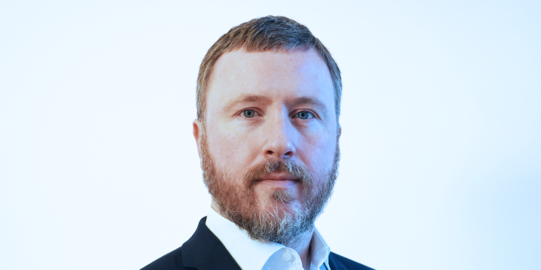Tradition and Innovation: Developmental processes at non-academic track secondary schools in Baden-Wuerttemberg and Saxony
"Tradition and Innovation: Developmental processes at non-academic track secondary schools in Baden-Wuerttemberg and Saxony" (TRAIN) is a study that focuses on the academic development of students in secondary schools in Baden-Wuerttemberg and Saxony.
Funding
Financed by own funds.
Project description

TRAIN is conducted by the Hector Research Institute of Education Sciences and Psychology at the University of Tübingen. The Department for Educational Governance at DIPF is a co-operating partner of this study, which focuses on the academic development of students. in different non-academic secondary school tracks (Hauptschule and Realschule in Baden-Wuerttemberg respectively Mittelschule in Saxony). The study thus allows for a comparison of two differently structured education systems (one non-academic track resp. two tracks) that are equally successful in national comparisons.
TRAIN is designed as a multi-cohort longitudinal study analyzing the development of academic achievement as well as achievement-related outcomes such as motivation and well-being throughout lower secondary education. In particular, the study focuses on the influence of different learning environments on these outcomes. TRAIN has assessed student achievement in German, Mathematics and English. Furthermore, students as well as parents, teachers and school leaders were asked about conditions of learning and learning outcomes.
In doing so, the study addresses the following questions:
- What school, family and individual conditions are best suited to improve students’ learning?
- How do different types of secondary school deal with strengths and weaknesses of their student population?
- How well are school graduates prepared for the labour market?
- Given difficult circumstances, how does successful teaching work?
Lead researcher at IFS
External project partners
- Prof. Dr. Ulrich Trautwein (Universität Tübingen)
- Prof. Dr. Benjamin Nagengast (Universität Tübingen)
- PD Dr. Hanna Dumont (Leibniz-Institut für Bildungsforschung und Bildungsinformation)
- Dr. Marko Neumann (Leibniz-Institut für Bildungsforschung und Bildungsinformation)
- Prof. Dr. Kathrin Jonkmann (Fernuniversität Hagen)
- Prof. Dr. Oliver Lüdtke (Leibniz-Institut für die Pädagogik der Naturwissenschaften und Mathematik)
- Prof. Dr. Gabriel Nagy (Leibniz-Institut für die Pädagogik der Naturwissenschaften und Mathematik)






![[Translate to English:] [Translate to English:]](/storages/ifs-ep/_processed_/8/5/csm_AdobeStock_412860748_9a2dbb816c.jpeg)
